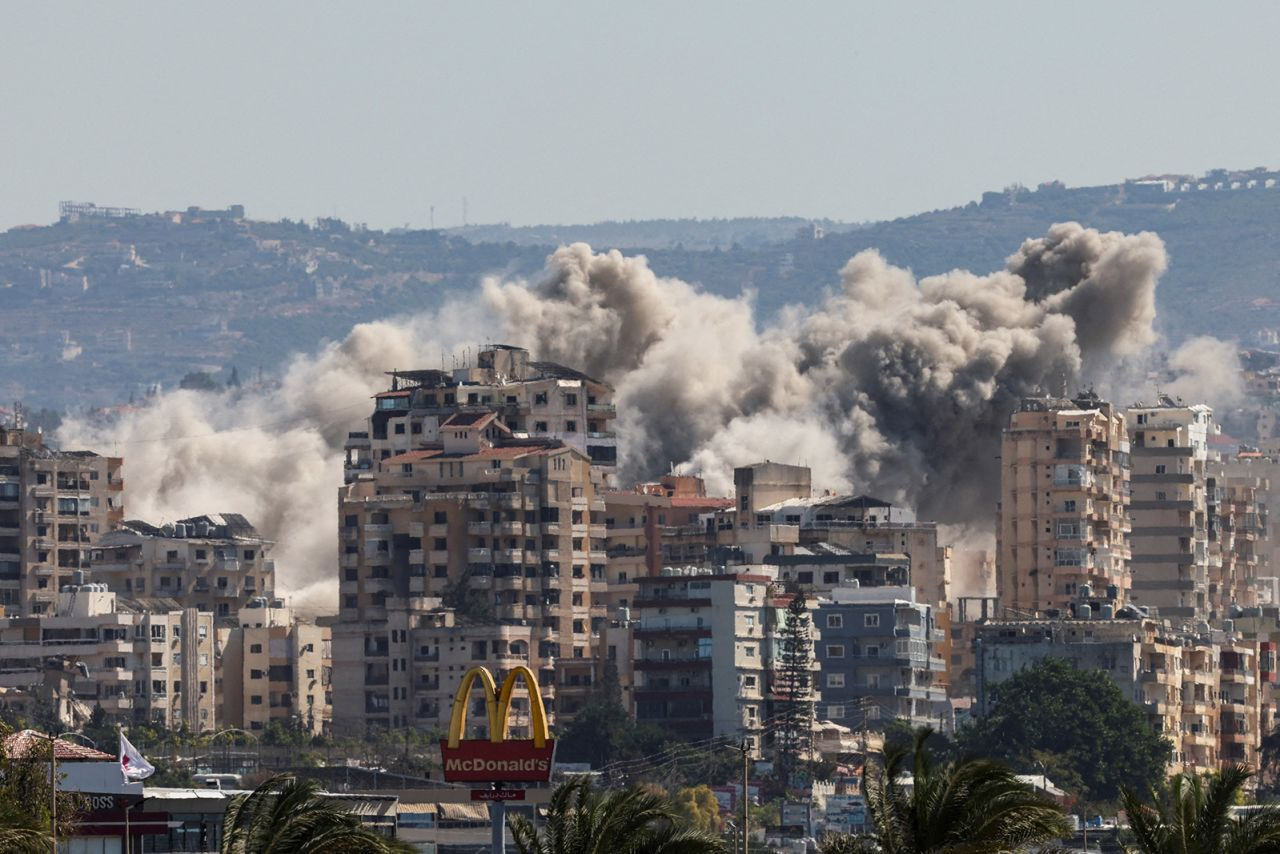The United States is actively working on a 60-day truce to quell the conflict between Israel and the Lebanese armed group Hezbollah, as diplomatic tensions in the region continue to escalate.
According to sources familiar with the talks, the U.S. initiative focuses on creating a temporary peace that would allow for the full implementation of United Nations Security Council Resolution 1701.
Adopted in 2006, Resolution 1701 calls for southern Lebanon to be free of arms not under Lebanese state control and was initially crafted to stabilize the border region after the 2006 Israel war.
The U.S. Push for a 60-Day Truce
Amos Hochstein, the U.S. presidential envoy leading these negotiations, emphasized that the lack of robust enforcement has limited the resolution’s effectiveness in past years.
The truce proposal is seen as a preliminary move toward a more comprehensive plan that would enforce existing agreements, bringing stability to both Lebanon and Israel. Notably, this 60-day truce extends a previously discussed proposal of a 21-day ceasefire, providing a broader window for peace and the groundwork for a lasting solution.
Read : Lebanon Seeks $250 Million a Month for 1.3M People Displaced by Israel
The urgency surrounding this diplomatic effort is heightened as the U.S. election draws near. Diplomatic sources suggest that the move reflects a broader U.S. objective to reduce hostilities across the region, including in Gaza, where parallel diplomatic negotiations are ongoing.
The U.S. sees this as a critical opportunity to address longstanding issues in Lebanon that continue to affect the security dynamics between Israel and Hezbollah.
Key Elements of the Proposal and Challenges
One of the main elements of the U.S. proposal is to strengthen mechanisms for enforcing the truce. Sources indicate that Israel has requested the authority to conduct “direct enforcement” if Hezbollah is found violating the ceasefire terms.
This stipulation, which may involve airstrikes or other military interventions, has reportedly been one of the key sticking points in negotiations, as Lebanese officials are concerned about potential escalations. Lebanon has not yet been formally briefed on the details of the proposal, adding another layer of complexity to the diplomatic process.
Moreover, Israel has advocated for a reinforced version of Resolution 1701. Israeli officials, citing past infractions by Hezbollah, argue that a robust enforcement clause is necessary to protect Israel’s security interests.
Meanwhile, Lebanon’s position remains cautious, as leaders are wary of empowering external forces with authority that could infringe on Lebanese sovereignty.
The Lebanese government has expressed a willingness to consider U.N. mechanisms to oversee ceasefire compliance, but it has yet to agree on any measures that would permit direct military enforcement by Israel.
The sources involved in the talks suggest that there is widespread support for establishing a mechanism to address infractions, but opinions differ on how such mechanisms should be structured.
Hezbollah’s involvement in other regional conflicts has further complicated the situation, creating additional challenges for negotiators who aim to disentangle Lebanese security concerns from broader regional tensions.
Diplomatic Efforts and Regional Implications
U.S. officials, including Hochstein and Brett McGurk, a presidential adviser, are set to arrive in Israel to continue negotiations with Israeli Prime Minister Benjamin Netanyahu, Defense Minister Yoav Gallant, and Minister for Strategic Affairs Ron Dermer.
This visit underscores the high-level diplomatic focus on reaching a truce, as the Biden administration views a potential ceasefire as essential to de-escalating broader regional tensions that include the situation in Gaza.

Reports suggest that the U.S. believes Hezbollah may be more open to negotiations than in past years. Recent losses have impacted the organization, including the reported death of leader Hassan Nasrallah, which has weakened its operational capabilities and could encourage it to distance itself from Hamas.
This shift could signify an important turning point, allowing Hezbollah to focus on its interests within Lebanon rather than aligning with broader anti-Israel efforts in Gaza.
The U.S. sees this as an opportunity to mitigate Hezbollah’s influence by negotiating a robust enforcement mechanism for Resolution 1701 that limits the group’s capacity to act independently in southern Lebanon.
The 60-day truce represents a critical opportunity for the U.S. to implement a sustainable peace in Lebanon, which could stabilize a region that has been plagued by hostilities for years.
However, it is unclear whether all parties will agree to the terms, as the long-standing distrust between Israel and Hezbollah remains a major obstacle to success.

